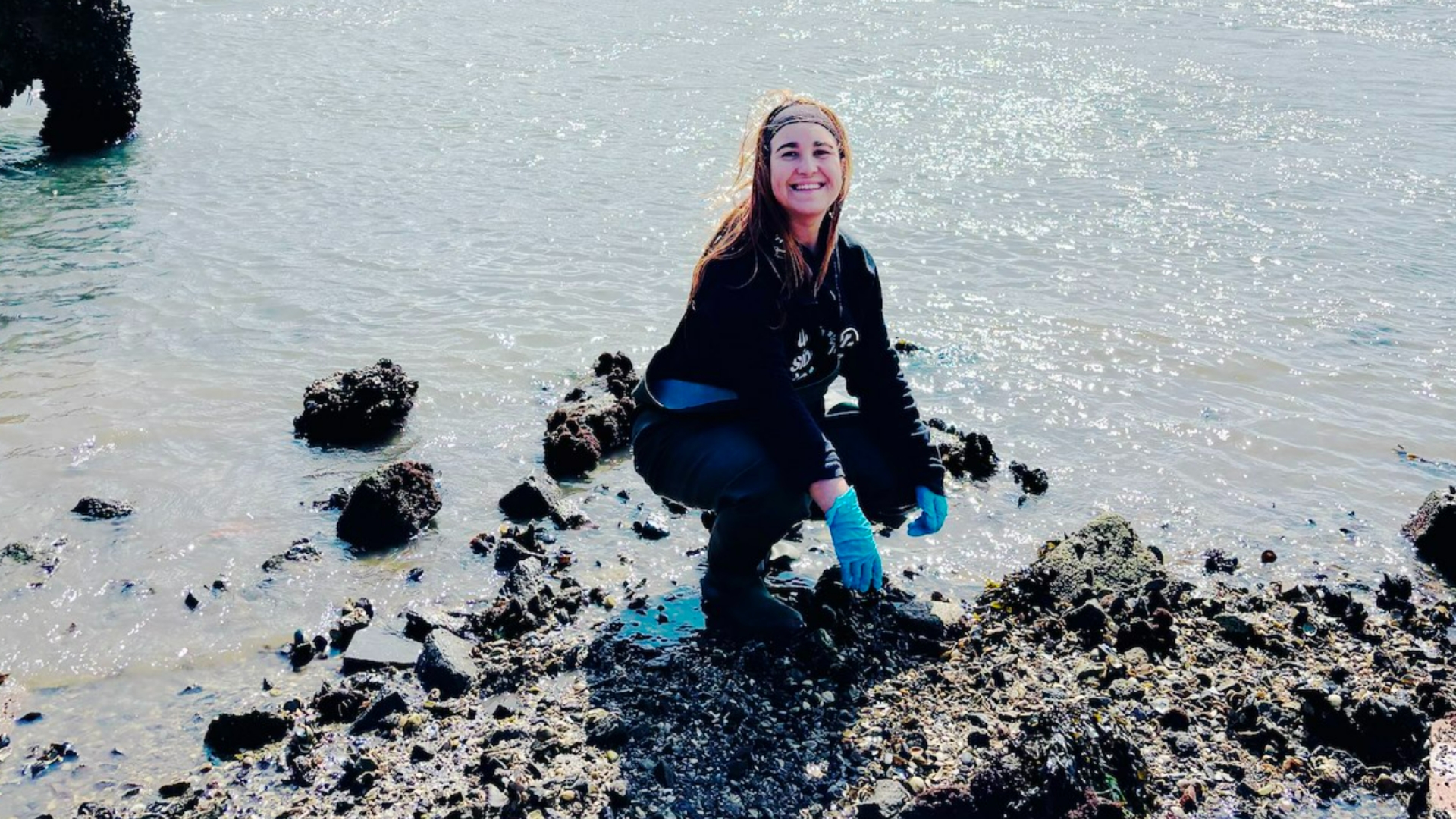Marta Cunha, a PhD student at CESAM/DBIO, is sounding the alarm on a pressing and still largely overlooked issue: the presence of per- and polyfluoroalkyl substances (PFAS) in the marine environment and their potential impact on human health.
Commonly known as “forever chemicals”, PFAS are defined by their extreme persistence in the environment. They are used in a wide range of everyday products — from non-stick cookware, waterproof clothing, cosmetics, sanitary pads, diapers, smartwatch wristbands, food packaging, and detergents, to firefighting foams, disposable masks, and medical materials. These substances are virtually invisible, highly resistant, and tend to accumulate along the food chain.
On the Portuguese coast, PFAS have already been detected in various marine species, including fish and bivalves that are regularly consumed by the population. This reality raises concerns not only for the environment but also for public health.
Marta Cunha’s doctoral project, recently approved and funded by the Portuguese Foundation for Science and Technology (FCT), aims to investigate the presence of these contaminants in the marine environment and assess the risks associated with their exposure. She is also part of a broader project, likewise funded by the FCT and coordinated by Rosa Freitas, a CESAM researcher and professor at the Department of Biology, which is entirely dedicated to studying PFAS.
“The research we are developing is an opportunity to raise public awareness and highlight the value of the scientific knowledge produced at the University of Aveiro, with the potential to drive change in how we deal with these silent contaminants,” emphasizes Marta Cunha.
Original story published in: Notícias UA, July 2, 2025
